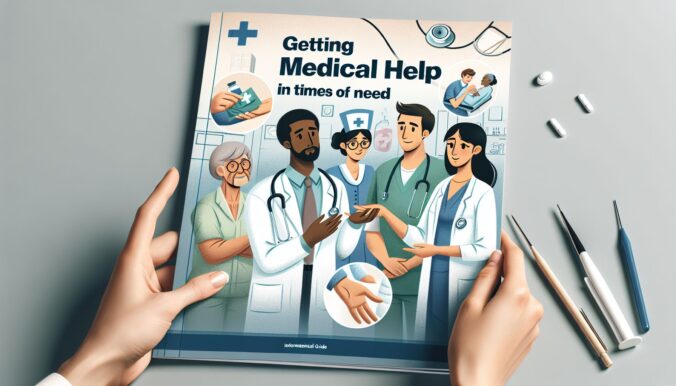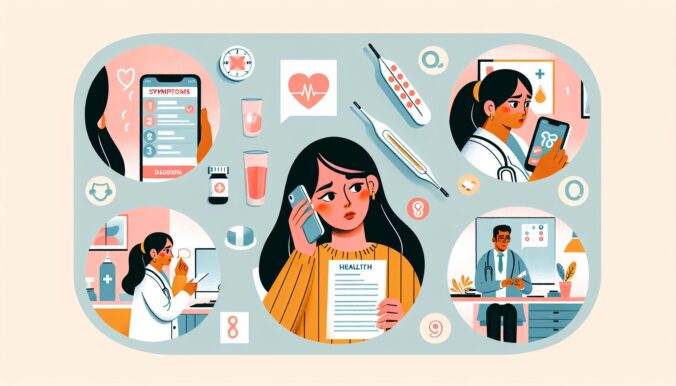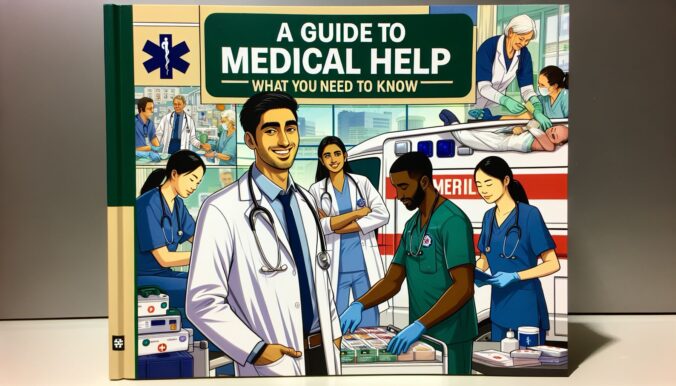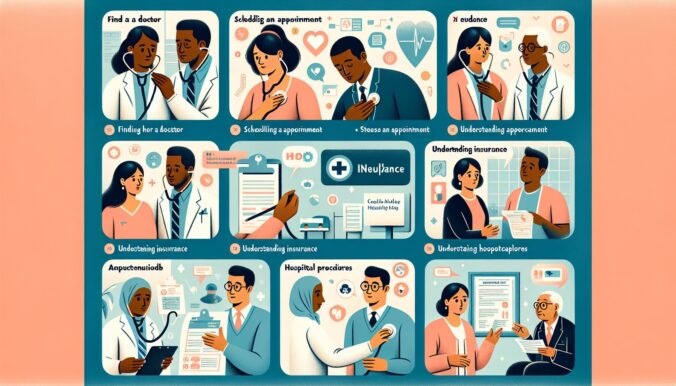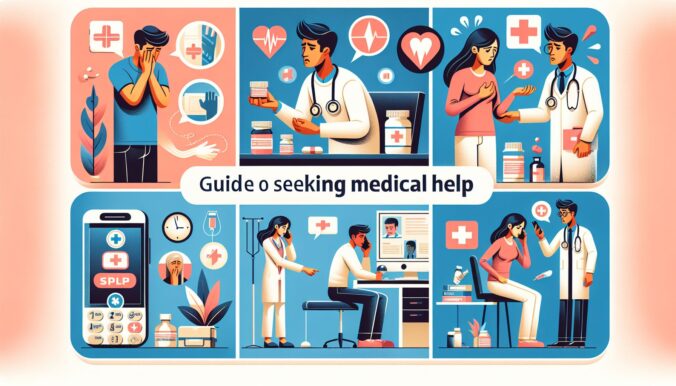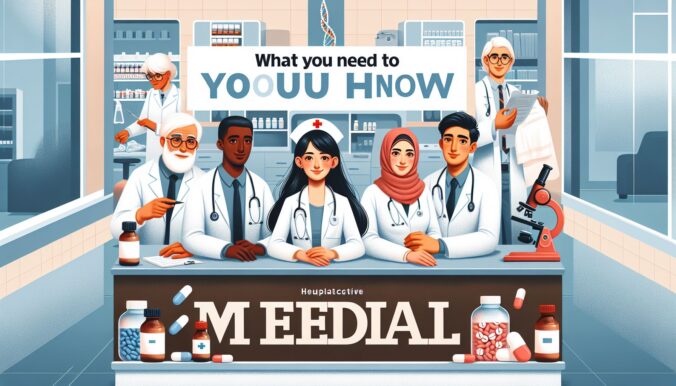Personalized medicine is an emerging concept in medical care, which aims to treat each individual patient based on their specific needs and genetic make-up. Biosensors, which are devices that measure a biological state in response to a stimulus, are increasingly being utilized in personalized medicine in order to provide timely, accurate, and specific medical information. Biosensors have a variety of applications, from monitoring disease and providing early diagnostic information, to enabling the personalized treatment of certain diseases. As technology advances and becomes even more accessible, the potential for biosensors to revolutionize personalized medicine continues to grow.
Advancements in Biosensor Technology
Biosensors have come a long way in a short amount of time. In the past decade, there has been a dramatic increase in the range of biosensors available on the market, including wearable biosensors, implantable devices, and miniature biosensors. These devices are designed to be lightweight and unobtrusive, and allow for continuous sensing and real-time monitoring of a variety of biological systems. These advancements have made it possible to measure a wide range of variables, such as temperature, body composition, and physical activity, in real-time.
In addition to the convenient form factor of current biosensors, their accuracy and reliability have also improved. For example, many biosensors now rely on nanotechnology and machine learning algorithms, which enables them to detect specific biomarkers in an individual’s biological sample. Furthermore, biosensors are now able to detect small, subtle changes in a patient’s internal environment, which can provide crucial information about an individual’s health.
- https://www.opendata.nhs.scot/es/user/compraradderallsinreceta
- https://www.opendata.nhs.scot/es/user/comprartramadolsinreceta
- https://www.opendata.nhs.scot/es/user/comprarxanaxsinreceta
- https://www.opendata.nhs.scot/es/user/comprarzolpidemsinreceta
- https://www.opendata.nhs.scot/es/user/comprarviagrasinreceta
The Potential of Biosensors in Personalized Medicine
As technology advances, biosensors are beginning to be used more frequently as part of personalized medicine. Patient-specific data can be used to provide insights into an individual’s condition and enable more accurate and timely treatments. For example, biosensors can be used to measure glucose levels in diabetic patients in real-time, and provide feedback to the patient in order to help them make more informed decisions. Additionally, biosensors are being used to monitor the health of patients with conditions such as asthma, congestive heart failure, and chronic obstructive pulmonary disease.
In addition to providing more accurate and timely information, biosensors have the potential to reduce the burden on healthcare systems by providing more personalized treatments. For instance, biosensors can be used to measure the reaction to a certain medication, which can help determine an appropriate treatment course for an individual patient. In addition, biosensors can help reduce unnecessary hospital visits, as they can detect problems before they reach a stage where medical intervention is necessary.
Conclusion
Biosensors are increasingly being utilized in personalized medicine, as they are able to provide accurate and timely insights into an individual’s condition. As technology continues to advance, the potential of biosensors to revolutionize personalized medicine is becoming increasingly more evident. Biosensors can help reduce burden on healthcare systems, provide more personalized treatments, and provide valuable data to help diagnose and treat a variety of conditions. In the future, biosensors could play an even greater role in personalized medicine as they continue to become more sophisticated, accurate, and reliable.

